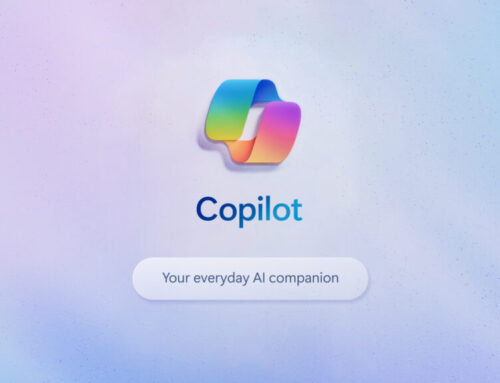In the last blog in this series, Blockchain: The Secret Sauce to Supply Chain Visibility, we covered why visibility is so important in the supply chain for all parties and gave several examples of firms using distributed ledgers to help improve customer service, reduce inventory costs, provide proactive status updates, and even help mitigate risk. In this blog, we thought we would answer one of the first questions clients and potential supply chain clients have asked: what is the process of providing supply chain visibility?
Getting Started
At Perficient, we recommend that potential clients starting on the journey down the road to supply chain visibility, whether they plan on using blockchain or other distributed ledger technology or not, begin with an assessment. Assessments will often begin with design workshops, where experienced supply chain consultants sit down with client executives and work together to determine the client’s current pain points. Is it late deliveries? Too many vendors? Too few suppliers where the firm is exposed to critical points of failure from one supplier? Are shipping costs too high? All these points and many others can be addressed at the very start of the process.
Usually, once the workshops have resulted in the laundry list of pain points the client is experiencing, a series of follow-up meetings with critical stakeholders is recommended to confirm the pain points and to prioritize the order in which the pain points need to be addressed. Often these stakeholder meetings include additional staff of the client, but many times, the most valuable meetings occur when together Perficient consultants and client executives meet and interview both suppliers and customers of the client. Sometimes this is done jointly, but can be done separately at the client’s discretion. At times the meetings are recorded, and at other times, at the request of the interviewee, they are not.
Is Your IT “It”?
Now that Perficient and your company have joined forces to analyze the current pain points in the supply chain and create objectives for the future to address these pain points, the next step is often to conduct an inventory assessment. Often, the inventory assessment can be one of the highest value-add components consulting firms offer, as often clients do not have the breadth of current industry-specific technology knowledge that experienced consulting firms have in-house.
Is your technology working together within the firm to maximize profits while minimizing risk? Does your current IT inventory help or hinder your overall corporate strategy? Is your IT using technology that is becoming increasingly antiquated? Is the IT fine but does the process of how internal and external stakeholders interact with the technology need to be tweaked? All these questions and any other questions posed by clients will be answered by the written technology assessment provided by Perficient.
Conclusion
While many clients tell us that other consulting firms start their supply chain discussions by pushing their “unique” technology built in-house at them, as shown in this post, Perficient begins their approach with multiple workshops, discussions, interviews, and strategy reviews where we partner with clients to address pain points, prioritize business outcomes, and only then turn to technology solution(s). In our next blog, we’ll discuss the next steps we recommend taking in your journey to supply chain visibility.
If you would like to hear how Perficient can help you with your supply chain visibility, reach out to us here.
***
About the Authors:
Carl Aridas has been a member of Perficient’s Digital Assets Team since 2021. Supporting mostly large financial services firms, he is certified in the Scaled Agile Framework (SAFe), is a Scrum Master, and is a Six Sigma Green Belt project manager.
Lin Eshleman has been a member of Perficient’s Supply Chain team since 2021. Supporting large, cross-industry Supply Chain firms, he has a PMP certification and is a Six Sigma Green Belt project manager.





Leave A Comment